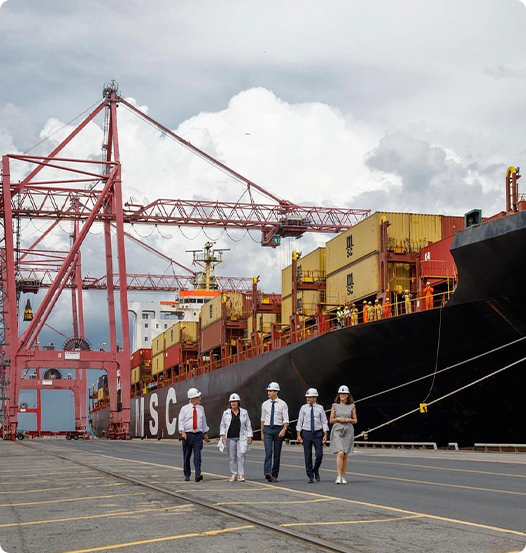
Temporary Foreign Worker Program


Temporary Foreign Worker Program (TFWP) was designed to assist employers who have demonstrated a need to fill jobs and skill gaps for which there are no qualified Canadians and permanent residents, as well as for business reasons under the International Mobility Program (IMP).
Canadian employers may also find competent foreign workers already in Canada (these are workers who are about to complete their contract, or workers with an Open Work Permit).
TFWP allows foreign nationals to engage in paid work activity and are authorized to enter and remain in Canada for a limited period (maximum of four years) to fill temporary labour and skill shortages.

Benefits of TFWP
- TFWP may extend their work permits
- TFWP could apply to become permanent residents under the Canadian Experience Class (CEC), Skilled Worker category (FSW or FST) or one of the Provincial Nominee Program (PNPs).
- TFWP is based on wage rather than the TEER system of the National Occupation Classification.
Canada announces new Economic Mobility Pathways Pilot (EMPP).
This will allow skilled refugees to immigrate to Canada as well as offer employers access to a new pool of qualified candidates to fill job openings.


High Wage Workers
High wage workers are essentially those in high-skilled positions earning above the provincial/territorial median wage.

Low-wage workers
Low wage workers are those in low-skilled positions earning below the provincial/territorial median wage.
Median hourly wages by province or territory
Province/Territory
Alberta
British Columbia
Manitoba
New Brunswick
Newfoundland and
Labrador
Northwest Territories
Nova Scotia
Nunavut
Ontario
Prince Edward Island
Quebec
Saskatchewan
Yukon
Median hourly wages prior to April 30, 2022
$27.28
$25.00
$21.60
$20.12
$23.00
$34.36
$20.00
$32.00
$24.04
$20.00
$23.08
$24.55
$30.00
Media hourly wages as of April 30, 2022
$28.85
$26.44
$23.00
$21.79
$24.29
$37.30
$22.00
$36.00
$26.06
$21.63
$25.00
$25.96
$32.00
Province/Territory | Median hourly wages prior to April 30, 2022 | Media hourly wages as of April 30, 2022
Alberta
-
$27.28
-
$28.85
British Columbia
-
$25.00
-
$26.44
Manitoba
-
$21.60
-
$23.00
New Brunswick
-
$20.12
-
$21.79
Newfoundland and Labrador
-
$23.00
-
$24.29
Northwest Territories
-
$34.36
-
$37.30
Nova Scotia
-
$20.00
-
$22.00
Nunavut
-
$32.00
-
$36.00
Ontario
-
$24.04
-
$26.06
Prince Edward Island
-
$20.00
-
$21.63
Quebec
-
$23.08
-
$25.00
Saskatchewan
-
$24.55
-
$25.96
Yukon
-
$30.00
-
$32.00

How does TFWP Work?
Generally, a foreign national who wishes to work in Canada must obtain legal permission to do so by applying for a Work Permit with a genuine job offer from a Canadian employer.
A Work Permit may be tied to a specific employer in some cases; in others, the work permit may be open (no job specific), and some workers do not require a work permit at all.

Types of Work Permits
Most of the time, a Labour Market Impact Assessment (LMIA) is required for a temporary foreign worker to be issued a work permit, which is employer-specific (also known as “Closed” Work Permit). However, in limited cases, Canadian immigration regulations allow for Open Work Permit.
